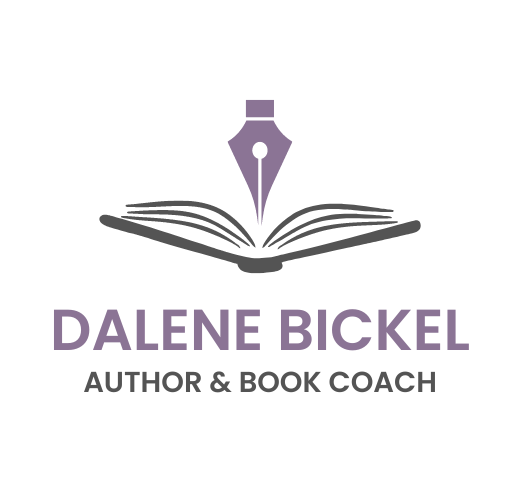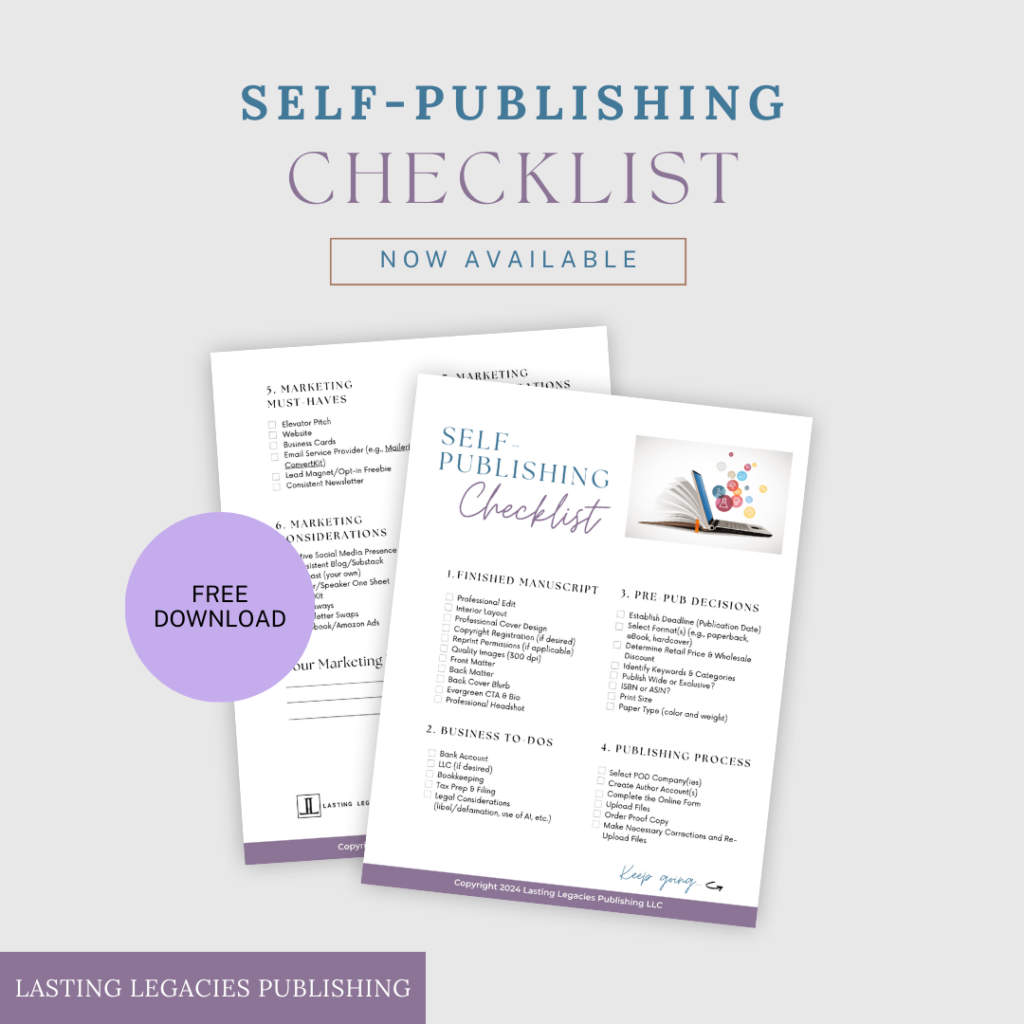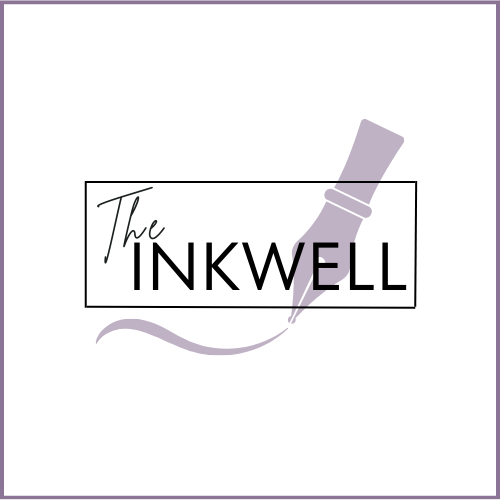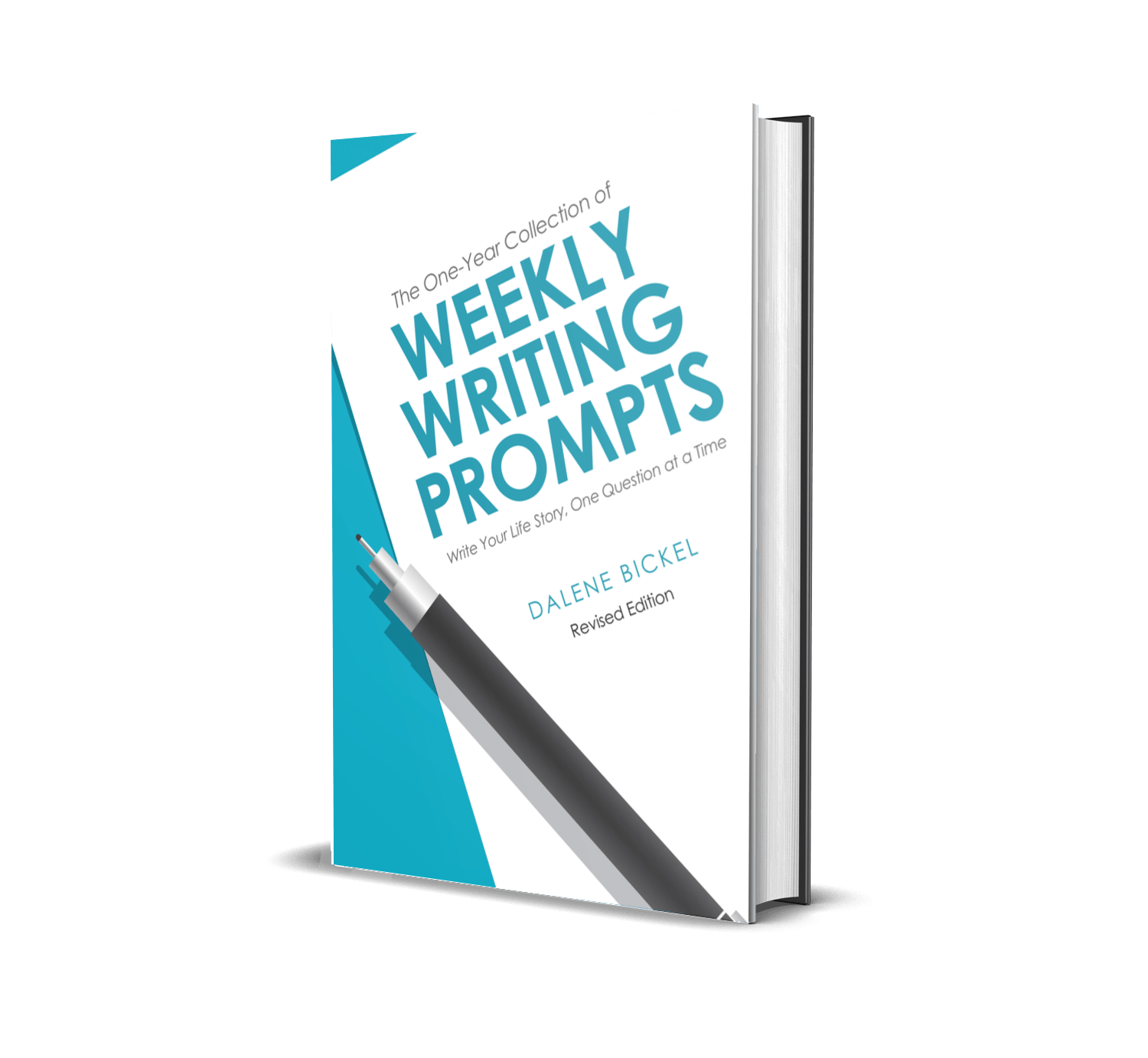You may recall that back in episode 68, I asked, Is There Still a Market for Christian Books?
Well, thanks to a recent 41-page 2024 State of Christian Retail report by The Parable Group, I can conclusively say YES there is still a market for Christian books, particularly within an indie Christian bookstore.
The survey was conducted among nearly 200 Christian retailers in the U.S. regarding their 2023 experiences, which resulted in
- $84.4 MILLION in sales
- 26 MILLION consumer receipts
This equated to an 8.1% increase in sales over the year prior (2022).
WHAT LED TO THEIR INCREASED SALES?
- 74% actively engaged in promoting their stores on social media (FB and IG in particular)
- 60% adjusted their inventory mix
- Many of them introduced or increased their number of community events
WHAT’S SELLING?
25% of units sold were adult books (compared to 9% Bibles and 8% kids’ books).
Note that kids’ books tended to be primarily emerging readers, not middle grade or YA.
The top adult-book categories were:
- Christian Living,
- Devotionals,
- Fiction, and
- Bible Studies.
(Followed in much smaller proportions by gift books and books related to prayer, pastoral helps, women, Biblical reference, and church life.)
MAJOR DIFFERENCE BETWEEN A MAINSTREAM/SECULAR BOOKSTORE AND AN INDIE CHRISTIAN BOOKSTORE
Fifty percent of titles on Christian Retail Top 20 Books are new releases compared to only fifteen percent of new titles in mainstream bookstores (Circana BookScan™ report).
INDIE CHRISTIAN RETAILERS AND INDIE CHRISTIAN AUTHORS SHARE SIMILAR BELIEFS ABOUT CHRISTIAN BOOKS
A few quotes from retailers about their primary reason for continuing to do what they do include:
- “The impact of a good book on a person’s life is life changing.”
- “It’s a calling. We pray our work glorifies God in our community and beyond.”
- “To continue to impact people’s lives for Jesus and help them in their walk of Faith.”
- “Share the gospel and hope!”
WAYS THAT CHRISTIAN RETAILERS MARKETED THEIR STORES
Quite a number of methods were shared but three stood out to me in relations to indie authors:
- They tended to post about their store on Facebook/Instagram regularly
- Their store sponsored local community events, charity initiatives, etc.
- They hosted events (Facebook Live, book clubs, kids’ story time, etc.
ALL OF THIS IS FANTASTIC NEWS, BUT IT LED ME TO WONDER: CAN YOU GET YOUR SELF-PUBLISHED BOOK INTO AN INDIE CHRISTIAN BOOKSTORE?
That’s where the challenges arise.
The fact is that indie Christian retailers are businesses that have to make a profit. In order to make a profit, they have to stock items that have the greatest chance of selling.
This means that they need to ensure that they’re selling QUALITY products that RESONATE WITH CUSTOMERS and that they can buy these items IN BULK at DISCOUNT PRICES.
Thus, they tend to purchase items from wholesale distributors and traditional book publishers who exhibit a proven track record in providing quality products.
An indie Christian bookstore owner also often attends trade shows to see the products prior to placing an order and vouch for their quality.
*
*
FREE Self-Publishing Checklist for Indie Authors!

If you feel out of sync with your self-publishing journey – like you just don’t know what to do next or you feel overwhelmed by the process – I invite you to download my new FREE Self-Publishing Checklist.
This two-page resource breaks down the self-publishing process and outlines all the action steps you need to take and the things you need to consider at each stage of the journey.
Whether this is your first-time self-publishing or your fiftieth, it will help you stay focused and on track.
Download your free Self-Publishing Checklist now!
*
*
THE CHALLENGES OF GETTING YOUR BOOK PLACED IN AN INDIE CHRISTIAN BOOKSTORE
Now that you understand how the owner of an indie Christian bookstore typically makes his or her buying decisions, you might think, “Well, I’ll just get my book listed with a distributor and attend trade shows!”
While these appear to be simple solutions and can perhaps be accomplished in certain situations, they’re not viable options for most indie authors.
Consider the fact that the vast majority of indie authors publish their books through Amazon’s KDP program, which serves as both the printer and distributor.
But more than that, KDP books are sold on the Amazon online bookstore. Amazon KDP’s focus is on selling one-off copies directly to individual consumers rather than bulk orders to other booksellers.
Thus, indie bookstores (Christian or not) are direct competitors with Amazon and will not take kindly to your suggestion that they buy your books from Amazon.
IngramSpark, however, is a valid book distributor to retailers.
When you self-publish through IngramSpark, your book is placed in their catalog and it is available for purchase at the retailers’ prerequisite 40% discount, but your book is just one of thousands and thousands of books retailers can choose from. And since traditional publishing houses also utilize IngramSpark’s catalog for their authors, your book is up against the big guns.
In short, it’s easy for your book to never be seen in the catalogs unless someone is specifically searching for it, which is why traditional publishing houses employ a marketing department to notify bookstores about upcoming new releases.
Christianbook.com (formerly known as Christian Book Distributors or CBD) is the go-to resource for wholesale Christian book distribution.
But unfortunately, as an indie author, it’s almost impossible to get your book listed in their catalog.
I came across an in-depth article by Christopher D. Schmitz that outlines his exhaustive yet unsuccessful quest to learn how an indie author can get their book listed with Christianbook.com.
The blog post was written back in 2016, but it still mirrors my own recent experience this past fall when I tried to crack the code myself. You can access his blog post, How Do I Get My Christian Book Listed on CBD (Christian Book Distributors), in the show notes.
As for attending trade shows as an indie author, it tends to be cost prohibitive. Not only is the booth or table space expensive, but you also have to invest in creating a professional display and associated travel costs.
So does that mean that getting your self-published book into an indie Christian bookstore is impossible?
I don’t have any statistics or facts to prove otherwise, but the editor in me knows there are often be exceptions to the rules, especially if it’s God’s will that your book be placed in a Christian bookstore.
So, armed with the information from the recent Parable Group report, I’ve developed:
9 WAYS YOU CAN POTENTIALLY GET YOUR SELF-PUBLISHED BOOK INTO AN INDIE CHRISTIAN BOOKSTORE
Before I share them, I believe it’s important to remind you that your potential success ultimately hinges on offering a quality, professional-grade book (i.e., one that is well written, professionally edited and designed, and incorporates all of the traditional elements of a book).
If you have any questions about this, feel free to schedule a book coaching call with me and I’ll help ensure you have all the necessary pieces in place.
With that reminder out of the way, let’s dive into the nine strategies that, when done with a heart to get to know and support the retailer, has the potential to land your book some prized shelf space in an indie Christian bookstore.
1. Connect with them on social media.
Since many retailers have a Facebook and Instagram social media presence, search for Indie Christian Retailers on those platforms and begin to follow some of their accounts, particularly ones in your area/region. Don’t stalk them, but make routine, valuable, and engaging comments on their posts.
2. Connect with them through their website.
Go to their websites and get a feel for what types of books they currently feature and how they interact with their communities.
Note their contact info and preferred method of communication. Do they provide an email address and phone number or do they ask you to contact them via their website contact form? Honor their preference.
3. Share how your book meets their customers’ needs.
When you reach out to them, mention that you have written one of the top-selling genres of books that sell well (from the Parable Group’s report, those were: adult fiction, devotional, fiction, or Bible study).
If you haven’t written one of those, mention how your book will differentiate itself from others so that it CAN sell well.
For example, although children’s books only comprised 8% of sales in the study, I noticed in the breakdown that children’s books primarily targeted emerging and young readers. There wasn’t any mention of middle grade or YA books – only kids and adults. So if you write middle grade or YA, mention how your book will fill a gap that currently exists in that market.
4. Let your book speak for itself.
Send them a sample review copy (printed version, not an eBook) and in the accompanying note, let them know where they can order multiple copies at the minimum 40% discount (i.e., IngramSpark).
Be sure to follow-up to make sure they received the sample and ask about their thoughts!
5. Connect with them in person.
If they’re within driving distance, visit their store and introduce yourself as a local author. Offer to assist with any community activities they’re planning and don’t be afraid to suggest that you lead an event such as a workshop or reading event that relates to the theme of your book.
6. Leverage technology.
If they’re not within driving distance, offer to do a FB live with them. Maybe even come up with a regular “feature” that you can do with them monthly.
7. Harness the power of your new release.
Since indie retailers like to offer new releases to their customers, be sure to let them know when you have a new release!
8. Connect through a shared faith and purpose.
Remind them that you share their values. You’re both indie Christian business owners looking to make a kingdom impact in their community.
9. Represent your book well.
When you act professionally and are able to
- confidently speak to the quality of your book,
- establish how your book addresses the needs of their clientele, and
- offer a way to potentially boost their sales and get more people in their doors,
you’ll have a much better chance of getting an indie Christian bookstore to stock your book on their limited shelf space.
Concluding Thoughts
Keep in mind that you won’t be able to make selling to indie Chrisitan bookstores your only marketing avenue to become a profitable author. But I believe it’s worth adding into your existing marketing strategy.
If a retailer decides not to carry your book, it’s wise to continue to act professionally and represent Christ well. You may not agree with their decision, but it’s not a reason to blast them on social media or speak rudely to them.
Remember the old saying: “Don’t burn your bridges.” Just because they might say “no” to this particular book doesn’t mean they won’t carry a future book of yours. Continue to support your local indie Christian bookstore, which also supports your fellow Christian authors (both indie and traditional).
So while none of these nine strategies guarantee that your book will be sold in indie Christian bookstores, they do provide you with innovative ways to interact with indie Christian retailers.
Which of these nine strategies will you implement first? Let me know in the comments!
*
*
Ready to hone your craft at weekly virtual writing sessions PLUS gain lots of marketing clarity through monthly community craft chats?
Join the Inkwell and experience writing breakthroughs!








0 Comments